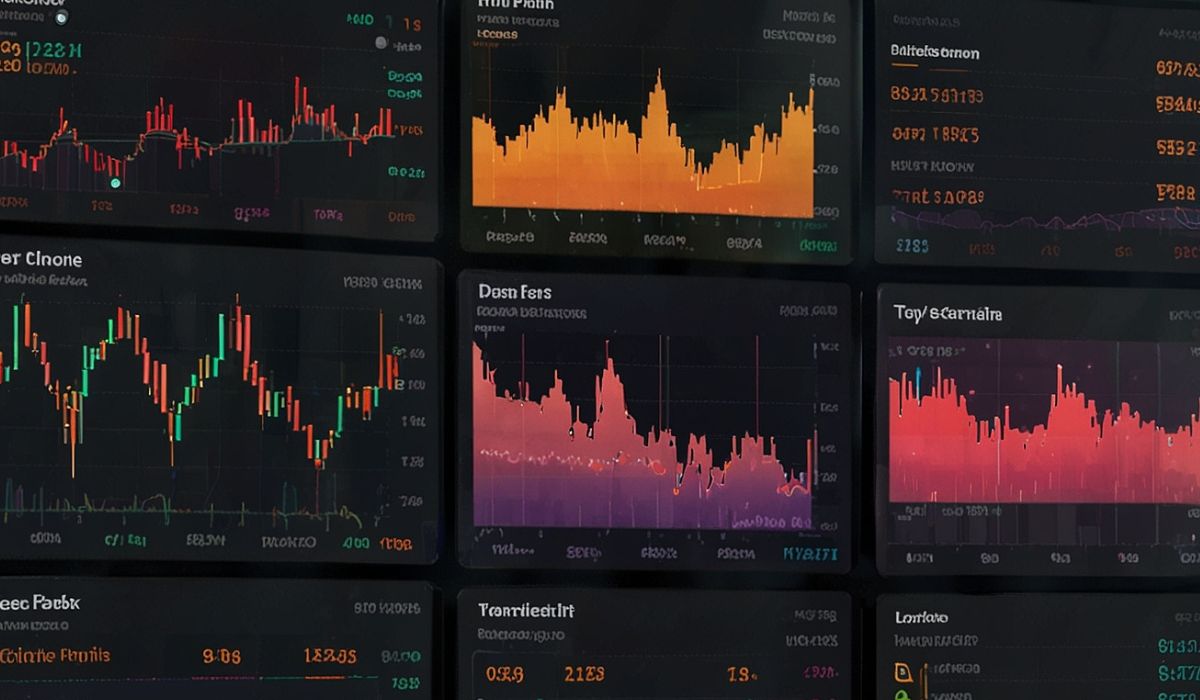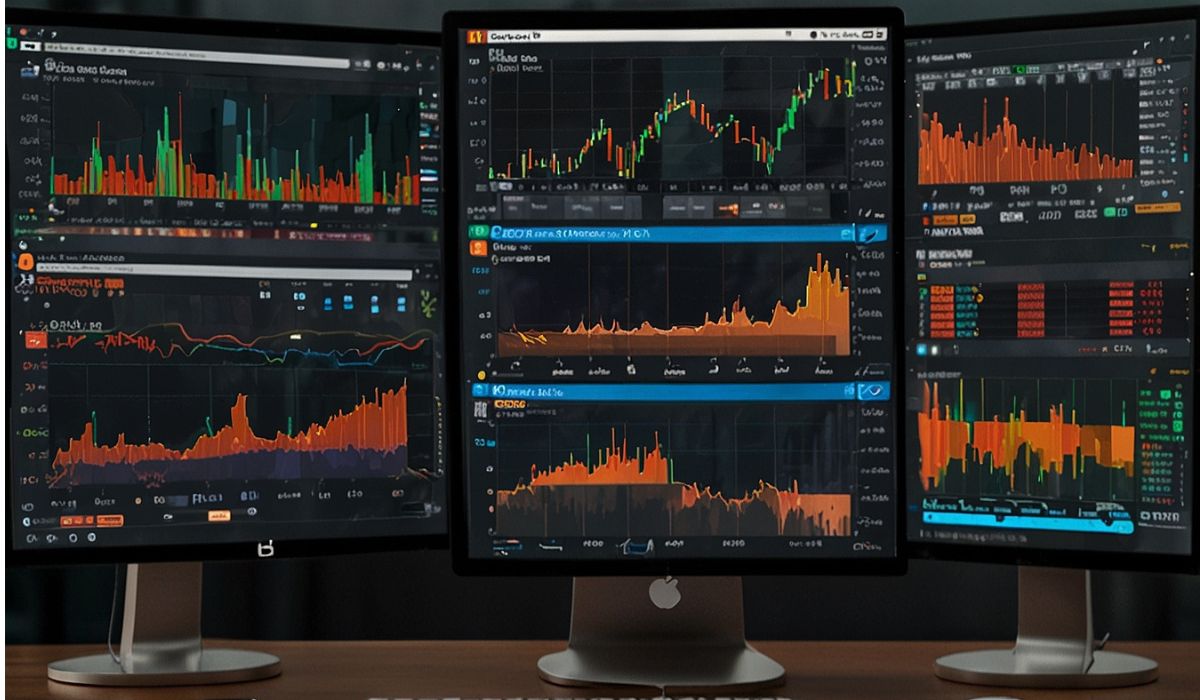Think of this: turquoise waves lapping volcanic shores, thermal springs steaming in lush gardens, and sun-drenched piazzas filled with the scent of espresso. This is Ischia, the “Green Island” of the Bay of Naples, a paradise sculpted by nature and history. Yet, beneath this idyllic surface, a complex reality simmers – one where the Ischia dimorra sun isn’t just a source of light, but sometimes illuminates the stubborn presence of organized crime woven into the island’s fabric. How does the infamous Camorra operate in this tourist haven, and what does it mean for visitors and residents alike? Let’s pull back the curtain.
Understanding the Ischia Dimorra Landscape
The Camorra isn’t a single, monolithic entity. It’s a network, often fragmented into clans or families, each vying for control over lucrative territories and businesses. Ischia, with its booming tourism, valuable real estate, and significant public works projects, is a tempting prize.
- Deep Roots: Think of the Camorra on Ischia like the island’s famous thermal waters – bubbling beneath the surface for generations. Its influence isn’t always overt violence seen on city streets; it’s often embedded in the local economy and social structures.
- Economic Tentacles: Historically, clans have sought control over key sectors:
- Construction & Cement: Public contracts for infrastructure, hotels, and renovations are prime targets. Infiltration here can mean bid-rigging, intimidation of competitors, and using front companies.
- Waste Management: Controlling garbage collection and disposal routes is a notorious Camorra income stream, sometimes linked to illegal dumping.
- Tourism Services: From beach concessions (lidos) to boat rentals and transport, organized crime can muscle in on businesses catering to visitors.
- The “Sun” Connection: The Ischia dimorra sun angle often points to two modern realities:
- Solar Power: As Italy pushes renewable energy, public tenders for solar panel installations on public buildings or land become attractive. Investigations have uncovered attempts by Camorra affiliates to infiltrate this sector through front companies or intimidation, seeking lucrative government subsidies and contracts.
- “Sun and Sea” Businesses: More broadly, it refers to the entire tourism economy – hotels, restaurants, bars, nightclubs – which generates significant cash flow, making it susceptible to money laundering or extortion demands (“pizzo”).
The Camorra’s Grip: Beyond the Postcard View
The impact of Camorra activity extends far beyond financial gain. It creates a climate of fear and stifles legitimate growth.
- Intimidation & Extortion: Local businesses, especially smaller ones, can face demands for “protection” money. Refusal can lead to vandalism, threats, or worse. This creates an uneven playing field.
- Market Distortion: When crime groups control contracts or supply chains, it drives up costs for everyone (including tourists) and stifles honest competition. Imagine paying more for a hotel room because the construction company was forced to use overpriced, Camorra-linked suppliers.
- Social Cost: The presence of organized crime undermines trust in institutions and can deter outside investment. It also creates a culture of silence (“omertà”) where people fear speaking out.
Recent Crackdowns: Light Piercing the Shadows
The good news? Authorities aren’t standing idly by. The phrase Ischia dimorra sun frequently appears in headlines alongside major police operations:
- High-Profile Arrests: In recent years, significant sweeps by Italy’s Carabinieri and anti-mafia police (DIA) have targeted Camorra clans on Ischia. These often involve dozens of arrests, freezing assets worth millions, and dismantling alleged extortion rackets and bid-rigging schemes, including those related to renewable energy projects.
- Asset Seizures: Striking at the financial heart is key. Police have seized hotels, restaurants, luxury villas, boats, and bank accounts believed to be bought with illicit funds or used for money laundering.
- Community Resistance: Crucially, there’s growing pushback. Associations like “Libera” (founded by priest Luigi Ciotti) work tirelessly on the island, promoting anti-mafia culture, supporting businesses that refuse to pay “pizzo,” and reclaiming confiscated assets for social use (like turning a seized villa into a community center).
Visiting Ischia: Awareness, Not Alarm
So, should you cancel your trip? Absolutely not. Ischia remains a stunningly beautiful and culturally rich destination. Millions visit safely and enjoy its wonders every year. However, informed awareness is always valuable.
- Focus on the Positive: Support the countless honest businesses, artisans, restaurateurs, and hoteliers who form the backbone of Ischia’s tourism. Seek out establishments displaying anti-racket association stickers.
- Be a Conscious Consumer: While it’s impossible for a tourist to “spot” Camorra activity, choosing smaller, locally-owned businesses over potentially dubious large conglomerates can be a positive step. If something feels seriously “off” (e.g., extreme pressure, suspiciously low prices hinting at money laundering), trust your gut.
- Understand the Context: Recognizing the challenges the island faces fosters a deeper appreciation for its beauty and the resilience of its people. It’s part of the complex reality of Southern Italy.
The Fight for Ischia’s Future
The battle against the Camorra on Ischia is ongoing. It’s a fight waged by dedicated magistrates, police forces, courageous entrepreneurs who refuse to pay “pizzo,” educators teaching anti-mafia values in schools, and ordinary citizens breaking the silence.
- Confiscated Assets for Good: The conversion of seized Camorra properties into social spaces, museums, or organic farms is a powerful symbol of redemption and community victory.
- Economic Transparency: Continued pressure for clean public contracting and support for transparent businesses is crucial to starve crime groups of oxygen.
- Cultural Shift: Changing deep-seated attitudes takes time, but educational programs and visible community resistance are making headway. Younger generations are increasingly vocal in their rejection of organized crime.
3 Actionable Ways to Support the Real Ischia
- Choose Ethically: Seek out hotels, tours, and restaurants recommended by ethical travel guides or displaying anti-extortion association logos (like Addiopizzo Travel). Ask your accommodation if they support local anti-racket initiatives.
- Spread Awareness: Talk about the whole story of Ischia – its beauty and its challenges. Share articles about successful confiscations and community projects. Understanding combats stereotypes.
- Support Anti-Mafia NGOs: Consider donating to organizations like Libera (www.libera.it) that work directly in communities like Ischia, supporting victims, managing confiscated assets, and promoting education.
Ischia’s sun is warm, its waters healing, and its spirit resilient. The Ischia dimorra sun narrative isn’t about scaring visitors away; it’s about acknowledging a complex reality and highlighting the ongoing struggle to ensure the island’s future shines as brightly as its natural beauty deserves. The vast majority of Ischitani are proud, hardworking people committed to their home. By visiting responsibly and supporting their efforts, you become part of the light pushing back the shadows.
What are your thoughts on sustainable tourism in regions with complex histories? Share your experiences or questions below!
FAQs:
- Is Ischia safe for tourists?
Yes, Ischia is generally very safe for tourists. Violent crime targeting visitors is extremely rare. Exercise normal precautions as you would in any popular destination. - What does “Ischia dimorra sun” actually mean?
It refers to the presence and activities of the Camorra (Naples’ organized crime network) on the island of Ischia (“dimorra” being a common misspelling/alteration of ‘Camorra’), particularly in relation to businesses profiting from the island’s “sun and sea” economy (tourism, construction, concessions) and increasingly, solar energy contracts. - How does the Camorra make money on Ischia?
Primarily through infiltrating public works contracts (construction, waste, renewables), extortion (“pizzo”) from businesses, controlling certain tourist services (beach lidos, transport), and money laundering through hotels, restaurants, and real estate. - Can I, as a tourist, spot Camorra activity?
It’s highly unlikely and not advisable to try. Their operations are usually hidden behind legitimate-looking fronts. Focus on enjoying your holiday and supporting transparent, local businesses. - What is being done to fight the Camorra on Ischia?
Italian authorities conduct regular major police operations (arrests, asset seizures). Anti-mafia NGOs like Libera promote cultural resistance, support rebel businesses, and convert seized assets into community spaces. There’s also a push for greater transparency in public contracting. - Should I avoid certain areas in Ischia?
No. There are no specific “no-go” areas for tourists related to crime. The entire island offers beautiful and safe places to explore. - How can my visit support the island positively?
Choose locally-owned accommodations and eateries, learn about the culture and challenges, consider supporting businesses affiliated with anti-racket associations, and spread positive but informed stories about Ischia.
You may also like: Publix Org Passport: Your Digital Lifeline to Work Life Made Simple










